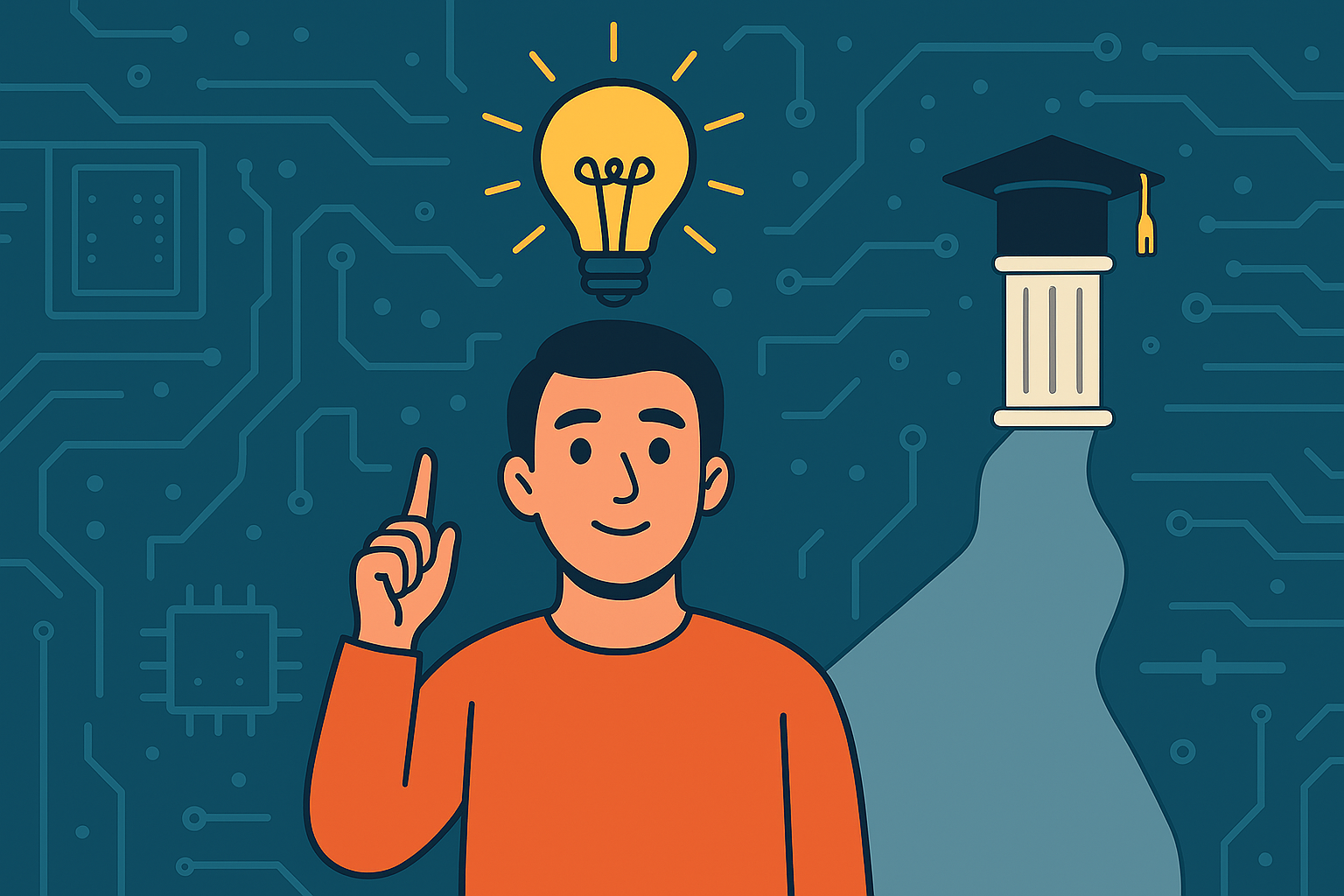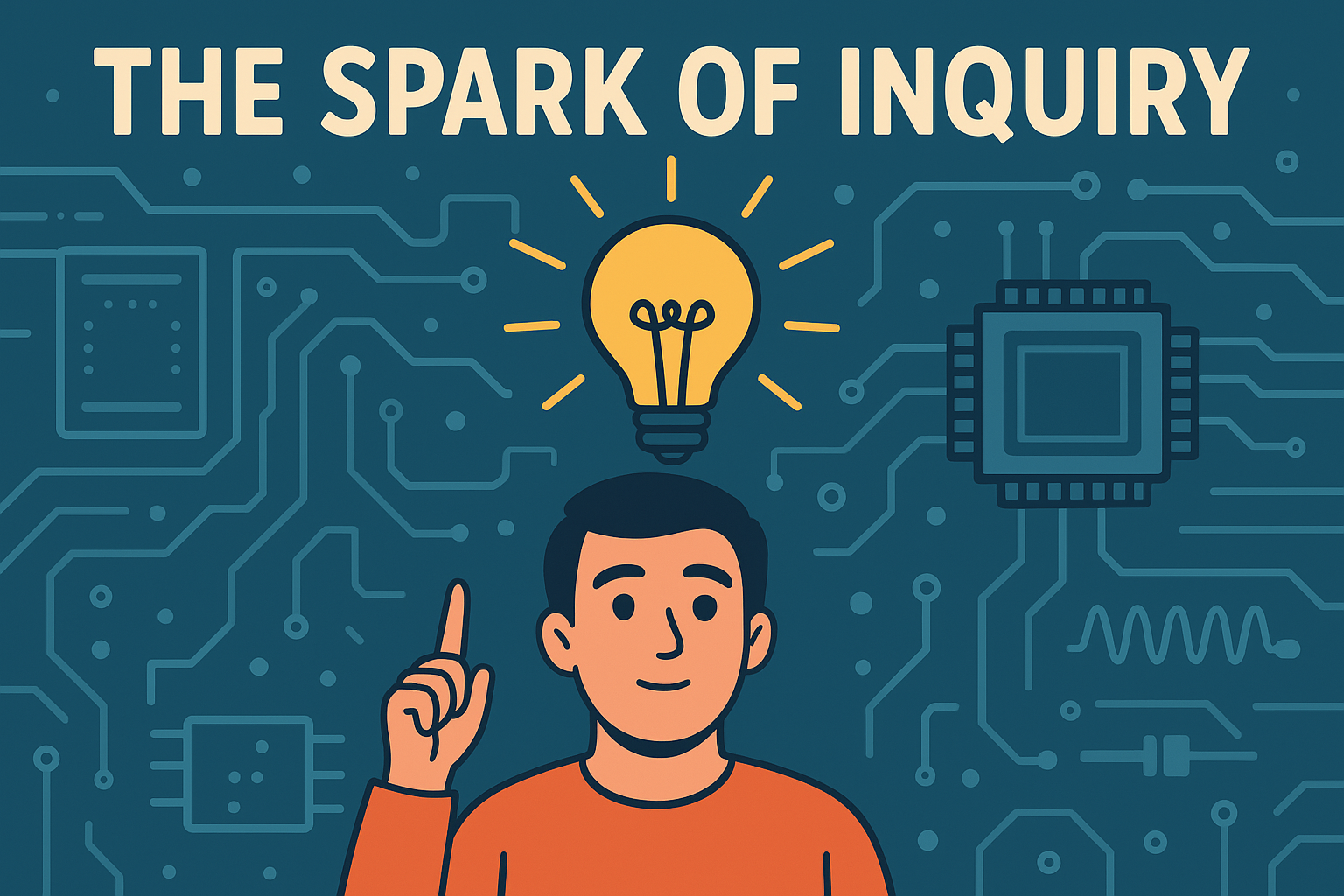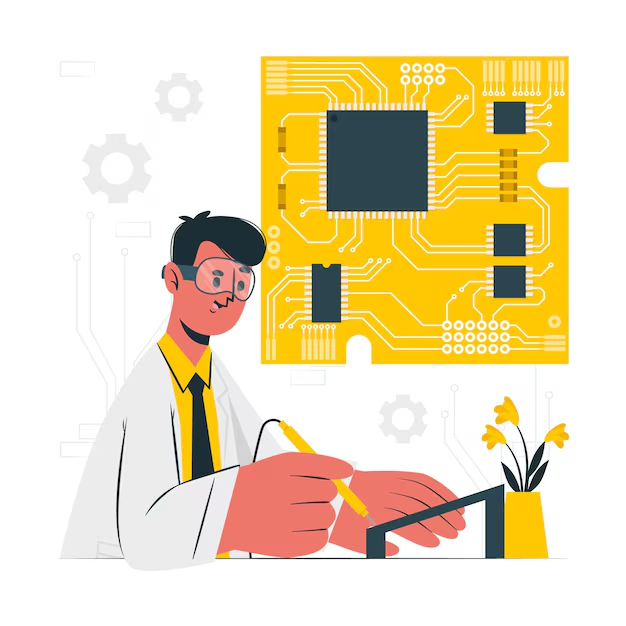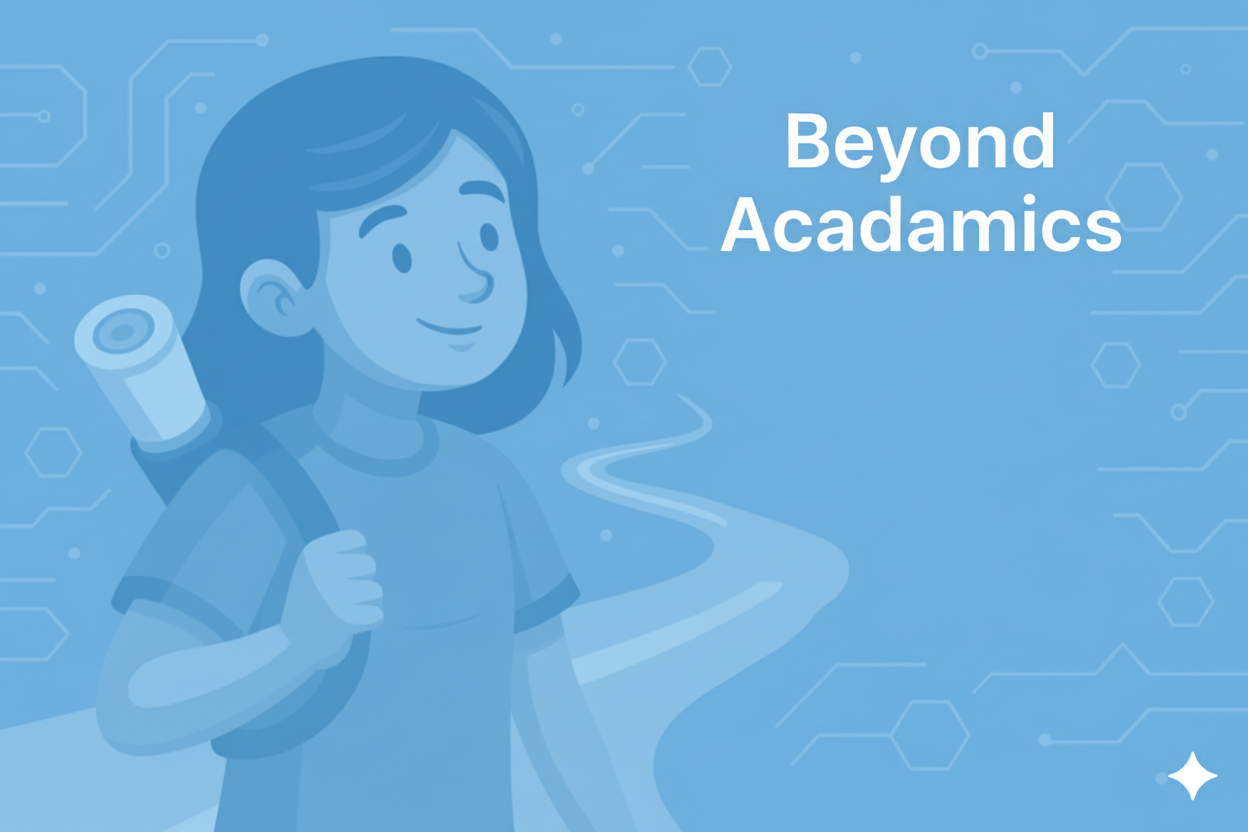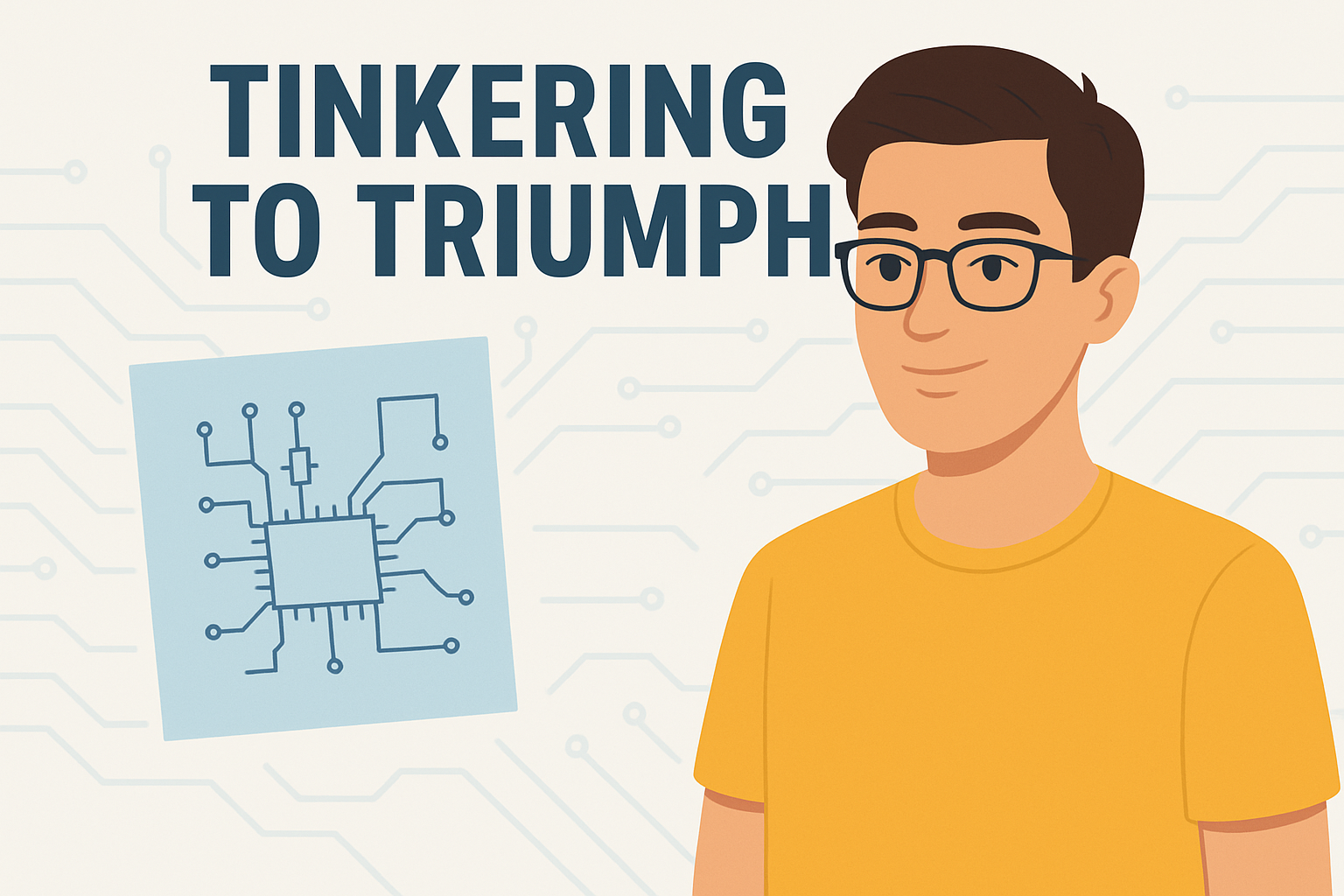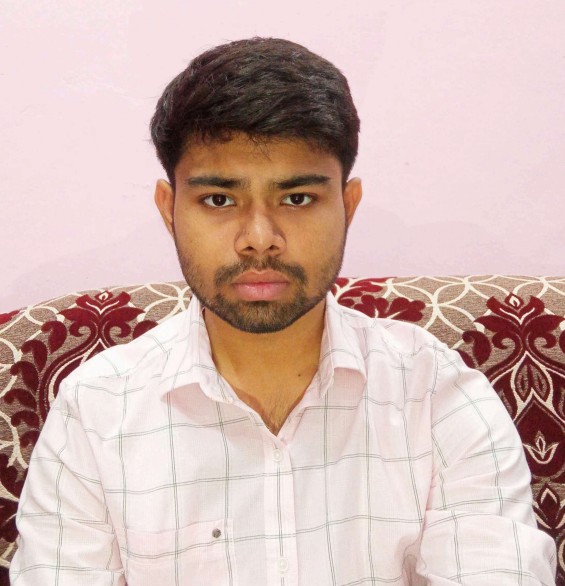
BS (Electronic Systems)
“Sometimes not getting what you want is a wonderful stroke of luck.” These words by the Dalai Lama perfectly frame Kaushal Raj Sharma’s story. In one moment, he saw himself achieving his dream – calculating his way into the IIT hallways through his successful JEE preparation. The next, he found himself debugging a future that looked nothing like the blueprint he had meticulously drawn.
Like thousands across India, Kaushal’s first major challenge was the JEE exam. He studied relentlessly, determined to enter an IIT. When the results arrived, the news was bittersweet: his overall score was good, but not enough to clear the subject-wise cutoff in Mathematics. For a moment, it felt like his dream had collapsed. The irony was sharp: an aspiring electronics engineer was halted by the very Mathematics that would eventually power his circuits.
While exploring his alternatives, Kaushal discovered the BS in Electronic Systems program at IIT Madras. Initially, he viewed it with skepticism: it felt like settling for a compressed file when he wanted the original. He wondered, could pixels really replace professors? Could bandwidth substitute for lab benches? The answer, however, unfolded with overwhelming clarity once he began the program.
What initially felt like a compromise quickly transformed into a revelation. Kaushal realized that the program was a carefully crafted bridge between theory and industry, designed to capture the heartbeat of modern electronics. Every subject, from circuit theory and embedded systems to VLSI design, carried the weight of real-world relevance. He came to a profound realization: knowledge doesn’t care about its delivery medium. Whether it travels through air molecules in a lecture hall or through fiber optic cables to his screen, wisdom remains wisdom.
The ES program quickly became Kushal’s playground. He was learning at the speed of his own curiosity rather than being constrained by a preset timetable. Kaushal credits the faculty, noting, “Professors explain complex topics in a simple, engaging way; they’re very approachable.” The learning environment is dynamic, featuring live classes, dedicated doubt-clearing forums, and peer discussion groups buzzing with activity. The community is truly alive.
Beyond academics, the program gave Kaushal something entirely unexpected: a tribe. Students from every corner of India, each with their own aspirations, connected deeply over circuits, projects, and late-night discussions.
He emphasizes the strength of the community, stating, “I’ve never felt like I’m learning alone. The academic support is strong and consistent.”
As months turned into semesters, Kaushal began to see the bigger picture. This isn’t a consolation prize, it is an evolution. It isn’t a backup, it is a golden highway to the future. It aligned perfectly with industry trends where electronics is the bedrock of innovations in automation, semiconductors, IoT, and beyond.
Looking back now, he realizes the wisdom behind another quote that guides him: “Success is not the key to happiness. Happiness is the key to success.”
As he works on embedded systems projects and delves into the intricacies of electronic design, Kaushal smiles at the beautiful paradox of his story. His analog dream of a traditional IIT had transformed into a digital reality that is richer, more flexible, and more aligned with the future of engineering education itself.
Sometimes the universe’s circuit board is more sophisticated than we imagine, only to lead us to brighter rooms. For Kaushal, that brighter room is the BS in Electronic Systems at IIT Madras, a place where one “no” transformed into a thousand possibilities.
– written by Ayushi Dixit
